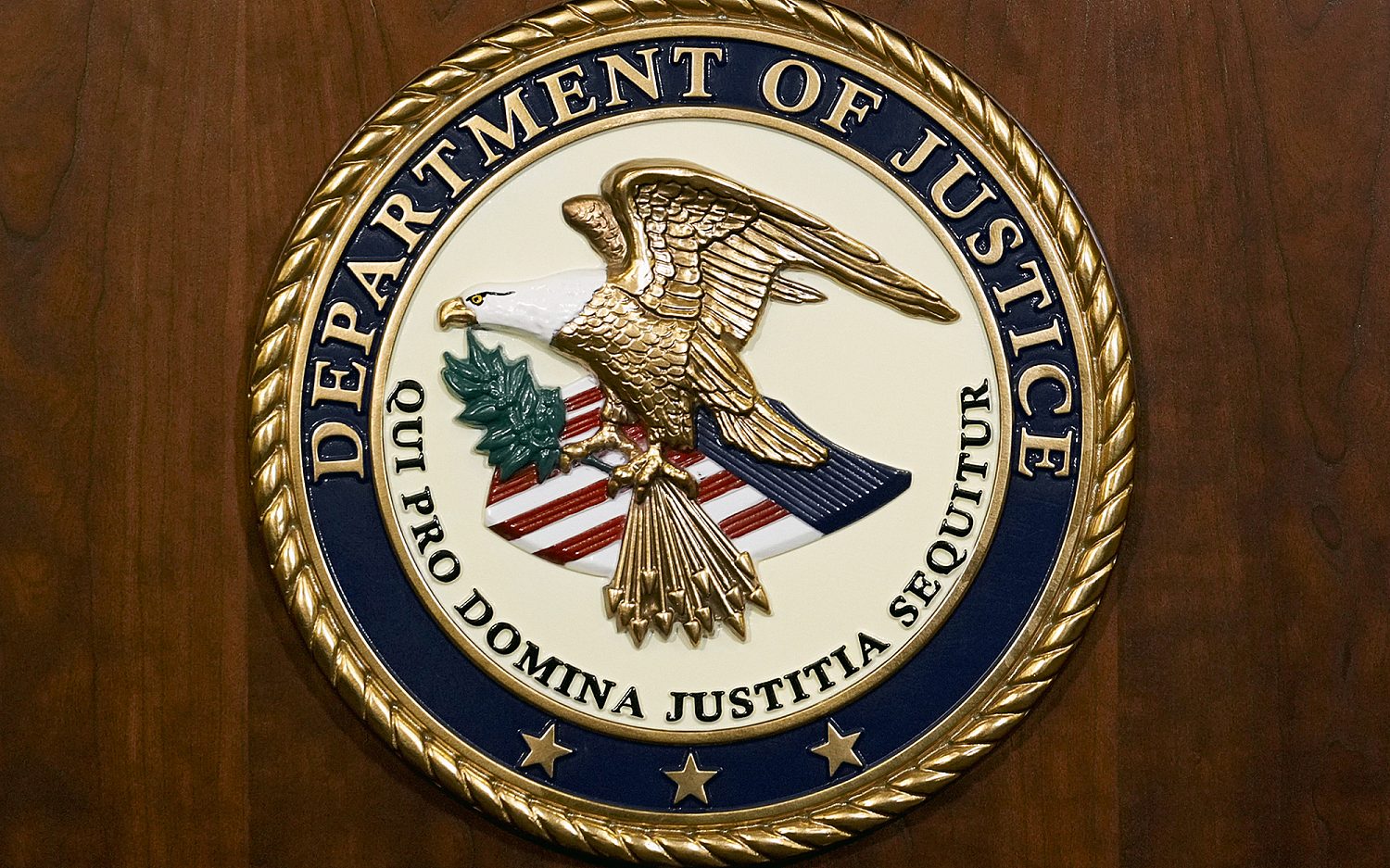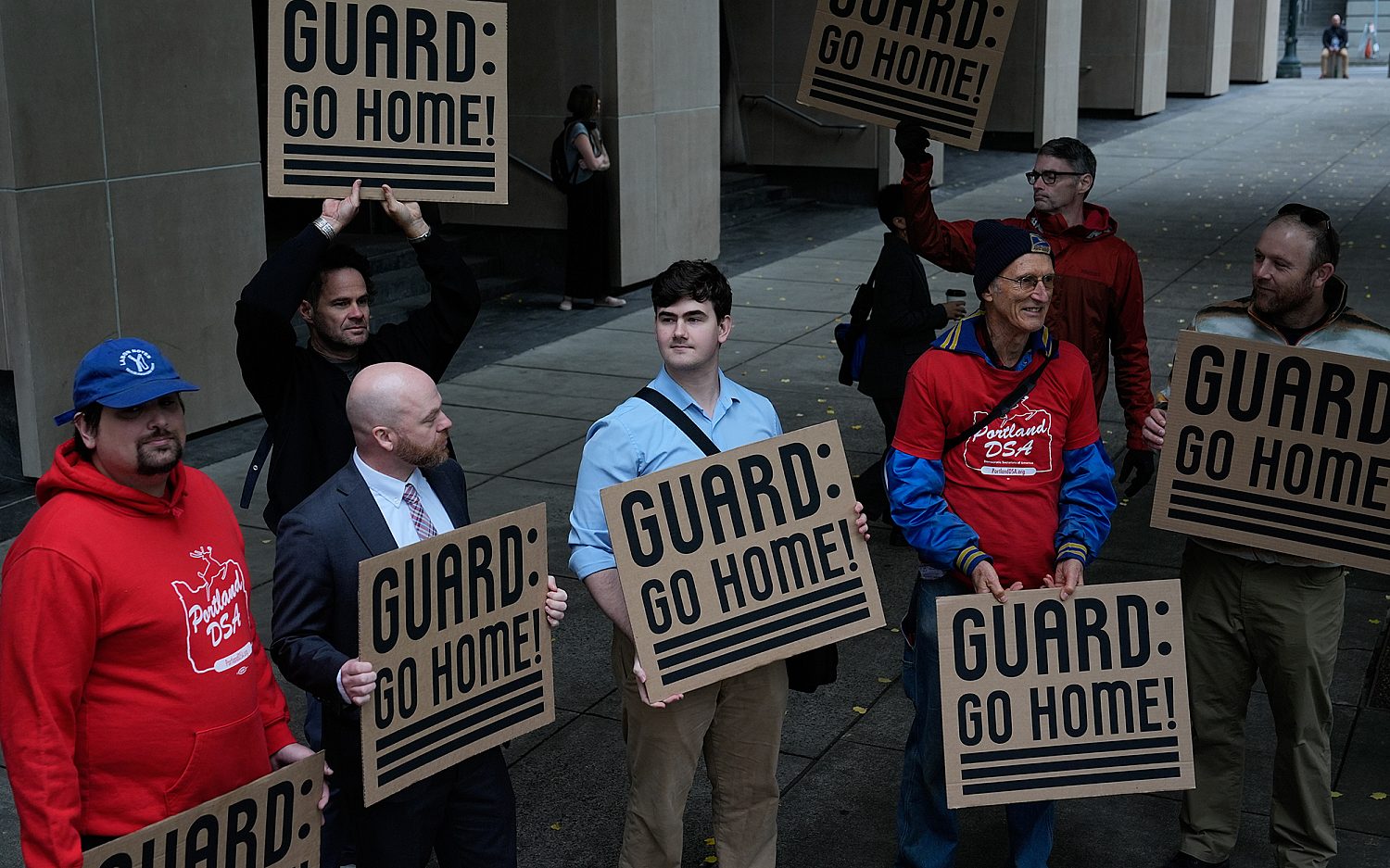UK leader moves to shield kids from porn
The same day Prince William and Kate, Duchess of Cambridge, became first-time parents of a baby boy, the United Kingdom took a step to protect children from pornography. Prime Minister David Cameron announced new policies on Monday for filtering explicit web content and preventing the distribution of violent pornographic imagery.
“I want to talk about the internet, the impact it is having on the innocence of our children, how online pornography is corroding childhood and how, in the darkest corners of the internet, there are things going on that are a direct danger to our children, and that must be stamped out,” Cameron said, according to the prepared text of his speech. He said the internet is providing kids access to extreme pornography that is “distorting their view of sex and relationships.”
Under pressure from Cameron, internet service providers in the U.K. have voluntarily agreed to set the default position to “on” for web filters that block pornography: When a Briton opens a new internet account, he or she will have to choose to turn off the filter in order to access “adult” content. By the end of 2014, internet providers will require all existing customers to decide whether to enable or disable the filter.
The government also patched a legal loophole that allowed the online distribution of violent pornography in England and Wales: Under new rules, a person who downloads pornography depicting rape, even if staged, is guilty of a criminal offense.
“These images normalize sexual violence against women—and they are quite simply poisonous to the young people who see them,” said Cameron. He has given internet companies like Google and Yahoo until October to report their progress implementing new controls that would prevent searches for illegal images, such as child pornography. The controls would include a blacklist of certain search terms. If internet companies fail in their “moral duty” to voluntarily block inappropriate searches, Cameron says he’ll press for legislation forcing them to act.
U.K. regulators have increased the pressure to block child and violent pornography following the murder of 5-year-old April Jones from Machynlleth, Wales. The man recently convicted of her murder was found to have searched for images of rape and child abuse online.
According to an estimate from the Child Exploitation and Online Protection Centre, 50,000 people in the U.K. downloaded or shared indecent images of children in 2012. The agency says 1 in 58 children in the U.K. are molested or raped before turning 18.
Cameron said a survey revealed a quarter of children had seen pornographic images that upset them: “Our children are growing up too fast. … As a father I am extremely concerned by this.”
The government’s new policy is no reversion to Victorian values—adults can easily switch off the filter and access legal pornography. Cameron, the leader of the Conservative Party, supported the country’s legalization of homosexual marriage this year. He has framed his effort to protect children from internet pornography as a matter of social harm rather than traditional values. He told the BBC he would never support a ban on the topless photos that are a regular feature of the British tabloid The Sun, although there is an online campaign to remove them.
While a few critics say Cameron’s move smacks of “censorship,” the response has been muted, says David Smyth, the public policy officer for the Northern Ireland branch of the London-based Evangelical Alliance. Smyth’s office produced a booklet called “Porn Free” for churches and government officials, highlighting pornography’s damaging effect on relationships. Surveys by the Evangelical Alliance found that 8 out of 10 men had accessed porn, including half of male church leaders. Among men and women who accessed porn, 81 percent agreed the imagery was harmful to their relationships.
“I think we live in a culture that detaches sex from relationship,” Smyth says. Although the new restrictions are “not a silver bullet,” he welcomes the government’s change in posture: “It’s an acknowledgment of the harm pornography can do to children.”
“But nothing’s going to take the place of good parenting,” Smyth added. “I think we need a broader conversation about sex and relationships.”
An actual newsletter worth subscribing to instead of just a collection of links. —Adam
Sign up to receive The Sift email newsletter each weekday morning for the latest headlines from WORLD’s breaking news team.





Please wait while we load the latest comments...
Comments
Please register, subscribe, or log in to comment on this article.